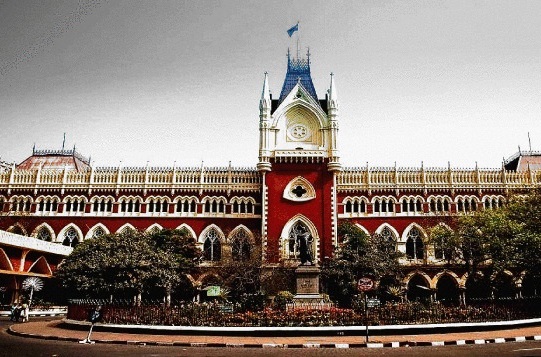The High Court of Calcutta, while disposing of a revision petition filed under Article 227 of the Constitution of India, challenging the judgment and order dated 30.03.2017 passed by Ld. Additional District Judge wherein the Learned Judge had affirmed the order dated 28.08.2015 passed by the Ld. Civil Judge, held that when a party does not press an issue before the trial court, it is generally considered that they have waived their right to raise that issue later. This principle is supported by the observation that if an issue is not pressed, it is presumed that the party has abandoned it.
Brief Facts:
The Judicial Miscellaneous case was initiated on an application under Section 8 of the West Bengal Land Reforms Act, and that application was allowed. The order passed by the Learned Civil Judge was assailed in miscellaneous appeal wherein Ld. Additional District Judge set aside the order. Hence, the present revision petition.
Contentions of the Petitioner:
The learned counsel appearing on behalf of the Petitioner submitted that the claim of pre-emption on the ground of co-sharer ship was an issue before the Trial Court as well as the appellate Court. He argued that the issue of co-sharer is pending before the Larger Bench of this Court and the instant revision application cannot be taken up for disposal before disposal of the pending issue of co-sharer ship by the Larger Bench of this Court.
Contentions of the Respondent:
The learned counsel appearing on behalf of the Respondent submitted that the issue of co-sharer was not pressed by the petitioner/preemptor in both the Trial Court as well as the Appellate Court. He argued that the issue of co-sharer, accordingly, was never dealt with either by the Trial Court or by the Appellate Court. Therefore, it is contended that the pendency of the issue of co-sharer before the Larger Bench of this Court cannot stand in the way of disposal of the instant revision application wherein only the issue of claiming pre-emption on the ground of adjoining plot owner is under challenge.
Observations of the Court:
The court noted that although during the recording his decision, Ld. Appellate Court pointed out that the issue of co-sharer-ship was waived by the respondent therein and remarked that the Learned Trial Court should have assigned a specific reason in respect of his findings but continued to proceed with the issue of co-shares.
The Court observed that if an issue is not pressed in the trial court, then the appellate court is bound to decide only those issues that have been pressed before it. If an issue is not raised in the Trial Court, the Appellate Court typically cannot entertain it in accordance with the Principle of Waiver of Rights. When a party does not press an issue before the trial court, it is generally considered that they have waived their right to raise that issue later. This principle is supported by the observation that if an issue is not pressed, it is presumed that the party has abandoned it.
The decision of the Court:
The Calcutta High Court, disposing of the petition, held that issues not pressed in the Trial Court cannot be raised in the Appellate Court due to the principle of waiver.
Case Title: Gour Hari Das v Smt. Jharna Rani Das
Coram: Hon’ble Justice Bibhas Ranjan De
Case No.: C.O. 2306 of 2017
Advocate for the Petitioner: Mr. Jayanta Das
Advocate for the Respondent: Mr.Prasenjit Mukherjee


